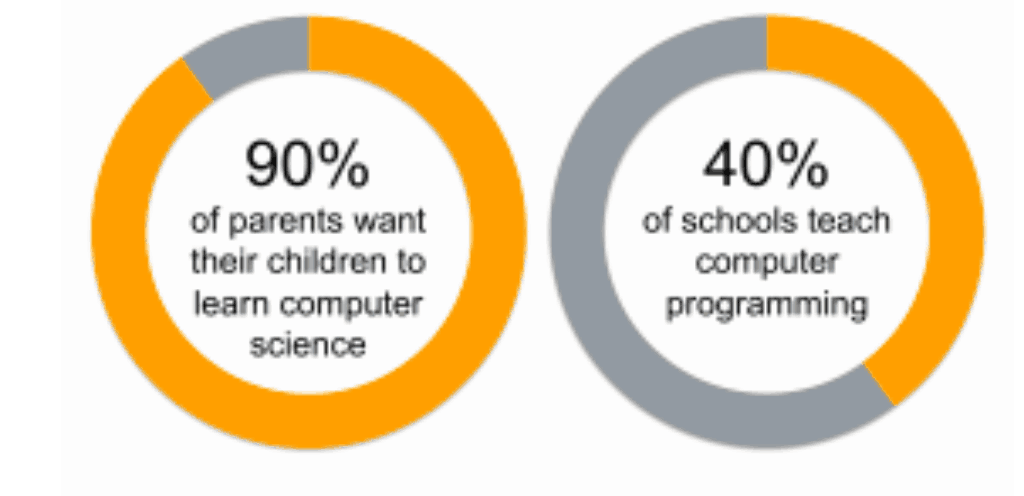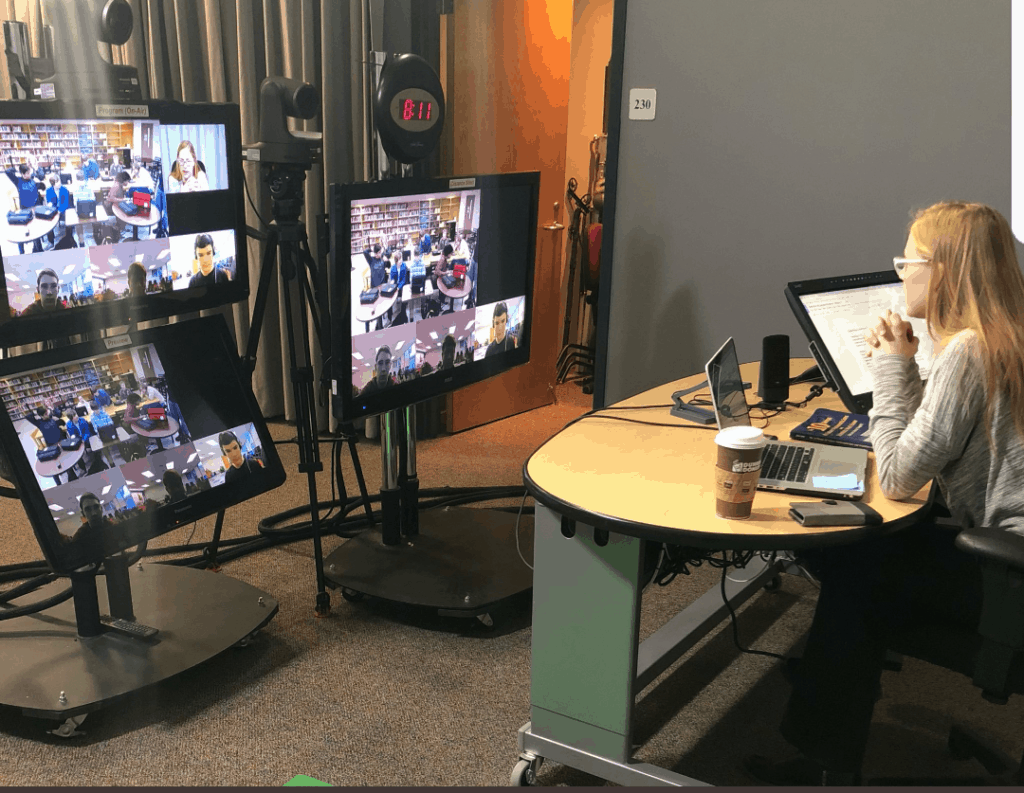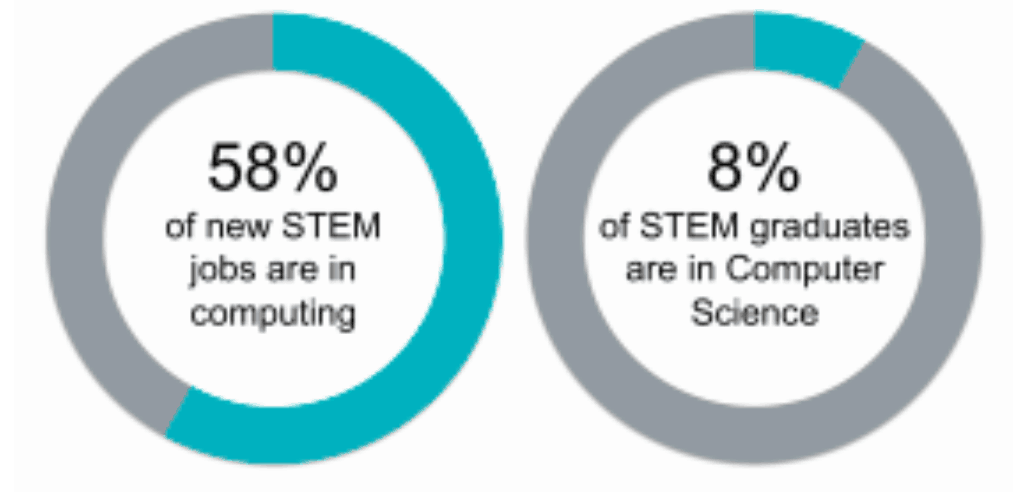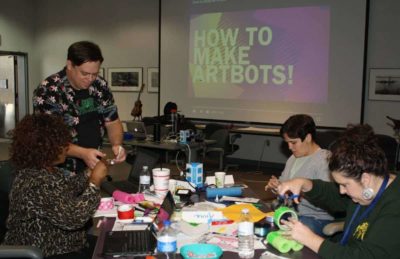It has been said that the most valuable skills we can teach students are that of problem solving; “knowing what to do when you don’t know what to do.” Computer science (CS) curricula sets out to develop deep problem-solving and critical thinking skills. CS is also an active and applied field of STEM learning that allows students to engage in hand-on, real world applications with key math, science, and engineering principles.
Access to Computer Science courses remains a challenge. According to Code.org, while 93% of parents are wanting their children’s schools to teach computer science, only 40 percent of schools are able to offer it. The pain of teacher shortages along with the low numbers of teachers qualified to teacher computer science are contributing to this gap in computer science offerings statewide.

NCSSM’s STEM Scholars Program
The NCSSM STEM Scholars Program combines efforts of the North Carolina School of Science and Mathematics (NCSSM), local public high schools, and high school parents to better prepare students in small rural schools, particularly students who are historically underrepresented in STEM fields, for the many opportunities they will have in 11th and 12th grade, from AP and IB coursework in their home school to enrollment in NCSSM or Career and College Promise courses.
The program involves partnerships between NCSSM and selected North Carolina schools for a two-year cohort program offering Computer Science, computational thinking, and math-enriched STEM elective courses for 9th and 10th graders.

It is believed that Computer Science can also help foster computational thinking skills that are relevant to many disciplines and careers. With increased exposure to the foundational skills required to work effectively in STEM, these students will be well positioned for success no matter what programs they choose for grades 11 and 12.
Courses are offered daily via Interactive Videoconferencing (IVC) enabling NCSSM faculty to engage with students seated in schools across the state in real-time. Students interact with the instructor and their classmates synchronously just like a face-to-face classroom.
AP Computer Science Course Aims to Increase Exposure to CS Courses & Careers
Despite the projected growth in demand for computing skills, the number of people entering the workforce from high school and college with a computer science background is low. In 2016-17 a new AP computer science course, AP Computer Science Principles was launch, intended to show how computer skills are essential to activities from movie-making to medical research.
This new course is designed to focus on broader aspects of computer science, including cybersecurity and software coding, is intended to increase interest and exposure, with the mission of helping to fill a projected 1.4 million computer programming-related jobs by 2020.

Yet the teacher shortage is also hampering our state’s ability to offer this and other AP Computer Science courses. The Public School Forum reported in last week’s episode of Education Matters, “only 95 schools in NC offered an AP Computer Science course in 2016-17.” Building on its proven success in delivering high quality STEM education across the state, the North Carolina School of Science and Math has expanded its IVC course offerings to include:
- Honors / AP Computer Science Principles
- Honors Cryptography & Computer Science
- Honors Computational Thinking & Coding: Solving Global Challenges with Computer Programming
These open-enrollment courses, offered on a four-by-four block schedule, allow students to experience NCSSM high school courses and allow partner schools to expand their course offerings. For more information on NCSSM’s IVC Program, check out https://www.ncssm.edu/ivc-courses.
With nearly 20,000 unfilled computing jobs in North Carolina alone, what other creative ways can our schools expand access to Computer Science courses and prepare students with the computer science skills necessary to thrive? Providing access to CS is a critical step for ensuring that our state remains competitive in the global economy.





